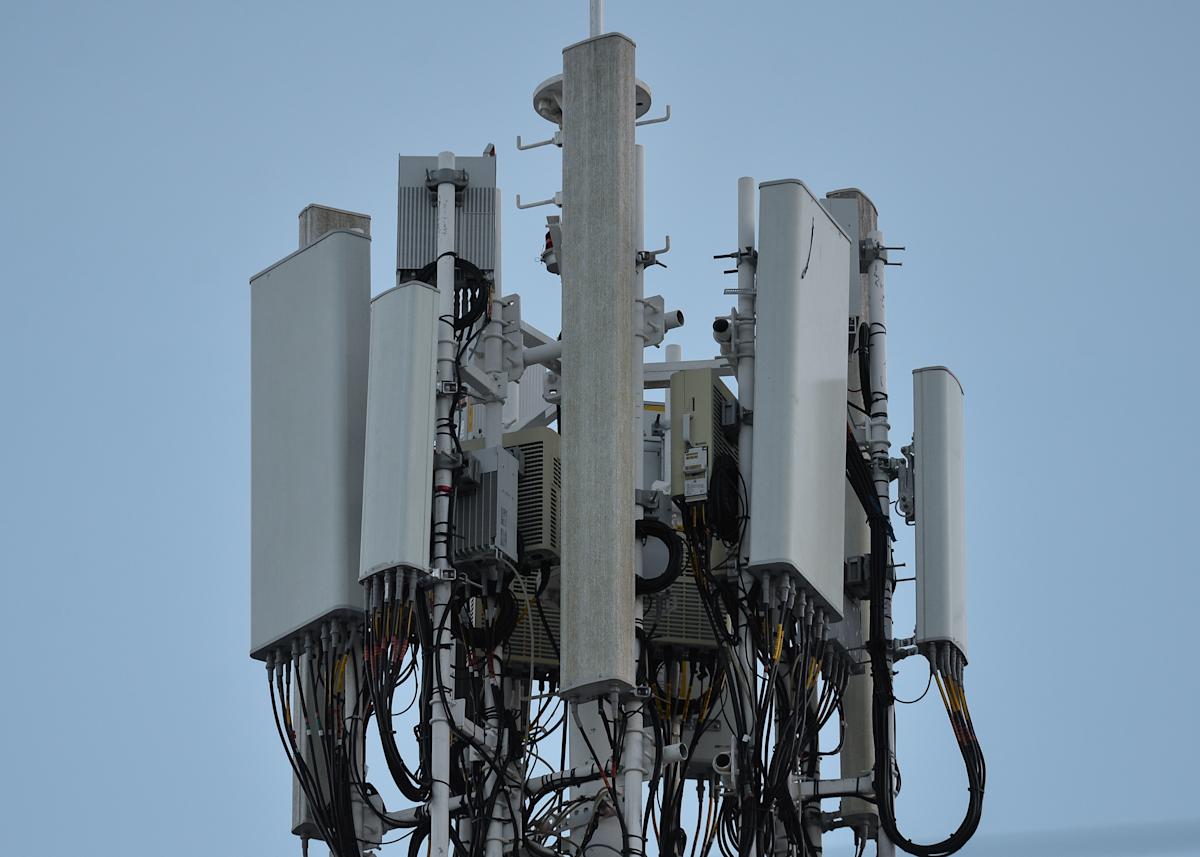The U.S. pilots union insists regulators should not compromise on safety when considering the rollout of a new 5G data frequency for cell phone service providers.
In a surprise move this week, AT&T (T) and Verizon (VZ) agreed to the Federal Aviation Administration’s request to delay a planned January 5th rollout of the new ‘C-Band’ frequency.
The move came as the U.S. telecom giants initially pushed back on the FAA’s requests, arguing that a delay would hurt their customers – even as the aviation industry participants raise concerns about 5G’s potential to disrupt airplane technology.
The delay postpones the rollout of the new frequency for two more weeks. However, it’s unclear whether that time will be enough to assuage regulatory and industry questions.
“We operate the safest air transportation in the world,” Joe DePete, a former pilot and president of the Airline Pilots Association, a U.S. pilots union, told Yahoo Finance Live on Tuesday.
“And we’ve done that by going from a forensic approach to accident investigation, where we had to wait for something to happen, to a risk-predictive model,” DePete said, adding that telecoms should cooperate with the aviation industry to address any potential risks before the technology is deployed.
The commercial aviation industry cheered the abrupt about-face by AT&T and Verizon, but worries about whether the frequency could disrupt aircraft communications are still present.
According to DePete, 5G tech “butts up against the frequency spectrum of our radio altimeters, which determine not only the height above the ground…they’re tied to many other systems in our aircraft.”
Such systems include an aircraft’s throttle control, instruments used when visibility is limited, and aid in takeoffs, landing and aircraft handling, he explained.
While 5G technology has already been deployed around the world, it currently suffers from either poor range and coverage, or speeds and capacity that are not noticeably better than existing 4G networks.
Carriers – which have pushed back forcefully against aviation concerns – argue the move to a dedicated data frequency previously used by satellite broadcasters will alleviate most of these problems.
Yet regulators and industry participants are fearful the frequency would interfere with the avionics in commercial airliners. DePete told Yahoo Finance that pilots need to be brought into the conversation as well.
Pilots “have the highest training standards in the world and a regulatory responsibility and professional duty to keep our passengers safe. We are the last arbitrators of safety.”
Follow Yahoo Finance on Twitter, Instagram, YouTube, Facebook, Flipboard, and LinkedIn
